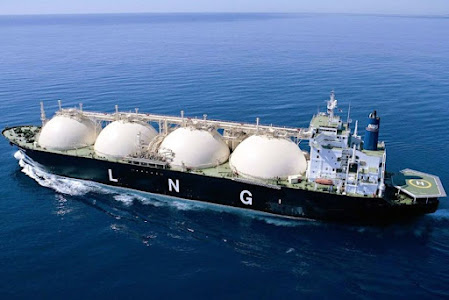Liquefied Natural Gas: Empowering the Energy Transition through Clean Fuel Innovation

Liquefied Natural Gas (LNG) is a revolutionary energy source that has gained significant traction in recent years due to its cleaner combustion properties and increased energy efficiency. LNG is a clear, odorless, non-toxic, and non-corrosive liquid form of natural gas that is obtained by cooling natural gas to extremely low temperatures, around -162 degrees Celsius (-260 degrees Fahrenheit). This process reduces the volume of the gas by approximately 600 times, making it easier to store and transport over long distances. As the global demand for cleaner energy solutions rises, LNG has emerged as a key player in the transition towards more sustainable and economically viable energy alternatives. Production and Composition LNG is primarily produced through a liquefaction process that involves cooling natural gas to its liquefaction point. This process involves the removal of impurities and other hydrocarbons, resulting in a high-purity LNG product composed mainly of methane. The ...
